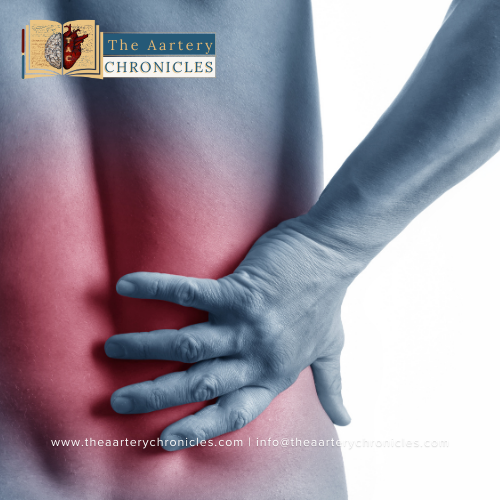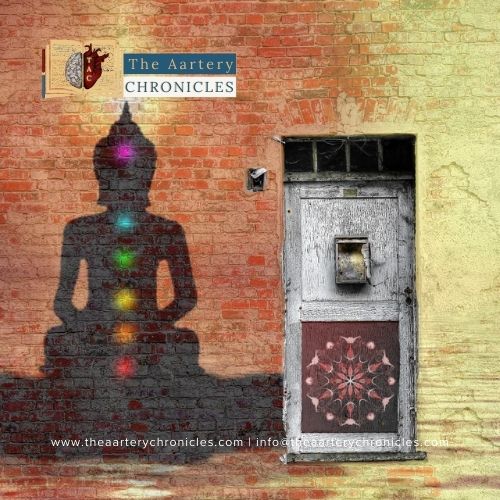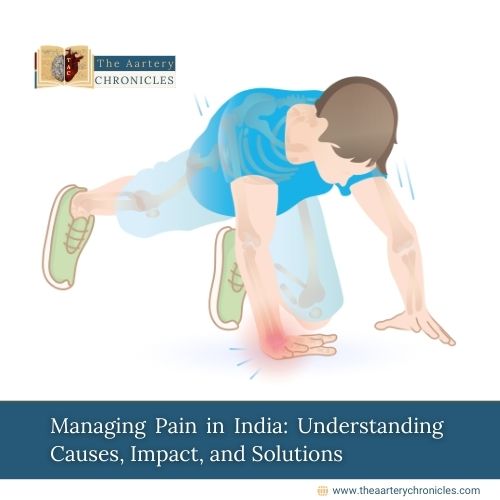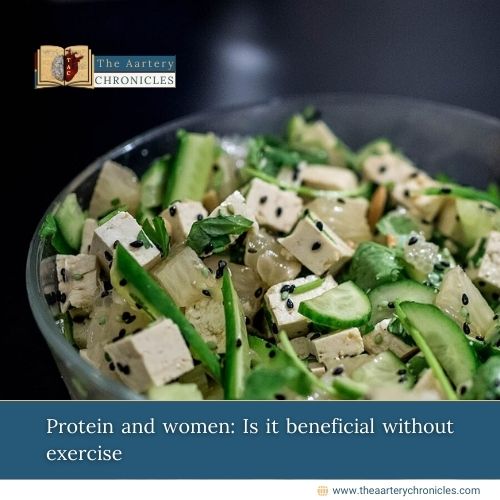
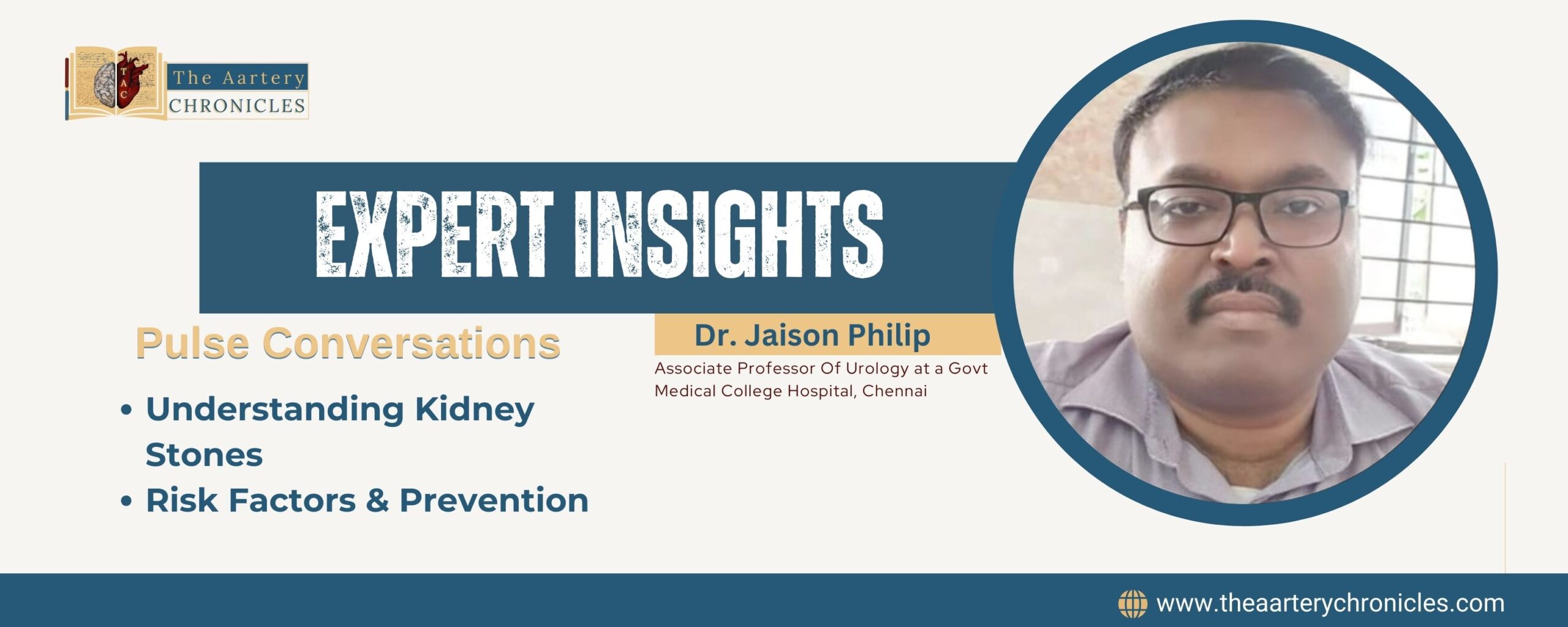
Expert Insights: Dr. Jaison Philip’s Guide to Understanding Kidney Stones
Introduction
The intricate network of organs comprising the urinary system is vital for maintaining our body’s balance. However, within this intricate system, issues like kidney stones and various urological problems can arise, causing discomfort and distress.
The Aartery Chronicles recently conducted an insightful discussion with esteemed urology expert Dr. Jaison Philip, delving into the risk factors, signs and symptoms, preventive strategies, and potential complications associated with kidney stones. This dialogue aims to enhance your comprehension of this prevalent ailment.
Understanding Kidney Stones
In a recent chat with Dr. Jaison Philip, he discussed the prevalence of kidney stones in India, noting that during outpatient department sessions at his medical college hospital, they typically receive around 200 patients. Among these, approximately 30 to 40 percent present with urinary stones, which he categorized as urological stones rather than specifically kidney stones. Additionally, he mentioned that about 30 percent of both outpatient and inpatient attendees are diagnosed with urological stones.
Kidney stones also referred to as renal calculi, nephrolithiasis, or urolithiasis, are hard deposits that develop within the kidneys due to the concentration of minerals and salts in urine. The size of these stones can range from tiny particles akin to a grain of sand to as large as a golf ball. Kidney stones are composed of various substances, including calcium, sodium, oxalate, and uric acid. [1]
Risk Factors and Causes of Kidney Stones
According to Dr. Jaison Philip, a combination of factors such as dehydration, dietary habits, genetic predisposition, and certain medical conditions contribute to the formation of kidney stones.
- Dehydration: Lack of proper hydration causes urine to become concentrated, heightening the chances of developing kidney stones. Adequate hydration is essential for maintaining urine dilution and preventing mineral buildup.
- Dietary habits: Consuming foods high in certain substances, such as calcium, oxalate, and sodium, can contribute to stone formation. Jaison Philip underscores the detrimental impact of excessive salt intake on the formation of kidney stones. He suggests that by lowering salt intake, individuals can greatly reduce their risk of developing kidney stones, which not only leads to physical discomfort but also financial burden. He advised cutting down on both salt and sugar intake to mitigate the risk of kidney stone formation.
- Genetic predisposition: Dr. Philip highlights that even in the absence of typical risk factors, a strong genetic predisposition can elevate the chances of developing urological stones if both parents have a history of urological stones. Therefore, genetic factors play a significant role in urological stone formation.
- Obesity: Dr. Jaison Philip advises maintaining a healthy body weight, a higher body weight and BMI increase the risk of developing urological stones. Therefore, it’s essential to maintain an appropriate weight to reduce the chances of urological stone formation.
- Medical conditions: Dr. Philip explains that certain medical conditions and metabolic disorders can increase the likelihood of kidney stone formation. These include hyperparathyroidism, hypertension, diabetes mellitus, and urinary tract infections.
- Previous history of kidney stones: Dr. Philip elucidates that individuals who have previously experienced kidney stones are at higher risk of developing them again in the future.
Symptoms of Kidney Stones
Dr. Jaison Philip elucidates that kidney stones commonly manifest with pain, serving as the key symptom driving patients to seek medical care. He characterizes urinary colic as agonizing pain, widely regarded as one of the most severe forms of discomfort. This intense pain frequently prompts patients to seek urgent medical attention. Furthermore, the presence of bloody urine is another typical symptom that motivates individuals to consult a urologist for further examination.
To summarize, abdominal pain and bloody urine are the predominant symptoms that compel patients to undergo an assessment by a urologist, ultimately leading to the diagnosis of urological stones through thorough investigation.
Understanding the Link Between Vitamin Supplements and Kidney Stones
Among the various vitamins and minerals found in supplements, some have been implicated in kidney stone formation, while others may have protective effects. Dr. Jaison Philips explains that the majority of kidney or urological stones, about 70 percent, are composed of calcium oxalate stones, with vitamin C playing a significant role. He warns against the common practice of self-medicating with vitamin C, stating that the maximum safe dose is two grams. Beyond this threshold, there are potential dangers as vitamin C is broken down into oxalate, which combines with calcium to form calcium oxalate stones. Foods or supplements high in oxalic acid, which ultimately converts to oxalate, can increase the incidence of urological stones.
Therefore, Dr. Philips recommends moderation in the consumption of vitamin C tablets. While acknowledging the usefulness of vitamin C, he underscores the importance of exercising caution and avoiding excessive intake, as it can lead to the formation of oxalate and contribute to stone development.
Deciphering the Connection Between Systemic Conditions and Kidney Stones
Research has increasingly highlighted the intricate interplay between kidney stone formation and various systemic conditions. Understanding this link is crucial for comprehensive patient care and management. Let’s delve into the relationship between systemic conditions and kidney stones:
- Diabetes: Philip emphasizes that diabetes poses a significant risk factor for kidney stone development. He shares a personal experience of losing a relative due to complications arising from diabetes. His relative, aged 80, ignored symptoms of a urinary tract infection, assuming it would resolve with increased water intake. However, when he eventually sought medical attention, he was diagnosed with pyelonephritis, a severe kidney infection exacerbated by uncontrolled diabetes with blood sugar levels as high as 400 mg/dL. Dr. Philip stresses that diabetes isn’t merely a precursor but a preventable cause of kidney stones. Sadly, despite receiving optimal treatment, his relative passed away due to the infection’s progression. This tragic incident underscores the importance of managing diabetes effectively to prevent complications such as kidney infections and stones.
- Hypertension: Hypertension, or high blood pressure, has been linked to kidney stone formation. Elevated blood pressure can alter renal hemodynamics and increase the excretion of calcium and other stone-forming substances in the urine, thereby contributing to stone development. [3] Dr. Philip emphasizes that hypertension is a major cause of kidney failure, alongside diabetes. He highlights that 49% of all kidney failures are attributed to diabetes, while 18% are caused by hypertension. Dr. Philip shares a personal encounter with a neighbor who underwent a kidney transplant at the young age of 33 due to hypertension-related kidney failure. This case serves as a reminder that hypertension can lead to kidney failure if left uncontrolled. Therefore, it’s crucial to monitor blood pressure levels and manage hypertension effectively to prevent the development of severe kidney complications.
Dr. Jaison Philip sheds light on the fatal complications associated with kidney stones
Dr. Philip recounts a tragic incident from his time at Salem Medical College in 2012. A young woman, aged 24 or 25, with two young children, visited the general surgery OP with mild stomach pain. An ultrasound revealed a ureteric stone, which led to her admission to the urology department. Surprisingly, despite the presence of a long-standing ureteric stone, the woman had not experienced any pain. The stone had become impacted in the ureter, causing urine stagnation and subsequent hydronephrosis and pyonephrosis infections. Unfortunately, by the time she sought medical attention, the infection had progressed to the point where she lost her right kidney to pyelonephrosis. Despite efforts to save her through nephrotomy surgery, she passed away, leaving behind a grieving husband and two young children.
Dr. Philip explains that urinary stone disease is not only painful but can also be fatal, posing a significant risk of death. He highlights that conditions like benign prostatic hyperplasia (BPH) and urinary tract infections can also result in fatal complications. Dr. Philip stresses the importance of seeking medical attention promptly for urological symptoms such as pain during urination, abdominal pain, blood in urine, severe fever, flank pain, and vomiting to prevent such tragic outcomes.
Measures to Prevent Kidney Stone and its Recurrence
Dr. Jaison Philip emphasizes the importance of adopting preventive measures and making lifestyle changes to significantly reduce the risk of kidney disease and its recurrence. Some tips recommended by him are as follows:
- Stay hydrated: Drinking an ample amount of water is crucial as it helps dilute urine and prevent the formation of crystals that lead to kidney stones. It is recommended to drink at least 8 glasses of water per day, or more if you live in a hot climate or engage in strenuous physical activity.
- Adopt a balanced diet: Dietary modifications play a significant role in preventing kidney stones. Limiting foods high in oxalates can reduce the risk of calcium oxalate stones. Additionally, reducing sodium intake helps prevent the accumulation of calcium in the urine, which can lead to stone formation. Maintain a balanced diet rich in fruits, vegetables, and whole grains to promote kidney health.
- Moderate animal protein consumption: Consuming too much animal protein, such as red meat, poultry, and fish, can increase the risk of kidney stones. Aim to moderate your intake of these foods and consider incorporating plant-based protein sources like beans and lentils into your diet.
- Limit sugar intake: High sugar intake, particularly from sugary beverages, can contribute to the formation of kidney stones. Limit your intake of sugary drinks and beverages to promote kidney health.
- Monitor salt intake: Excessive salt consumption can increase calcium excretion in the urine, leading to the formation of calcium-based kidney stones. Be mindful of your salt intake and avoid adding extra salt to your meals.
- Maintain a healthy weight: Obesity is a risk factor for kidney stones, so maintaining a healthy weight through regular exercise and a balanced diet is essential for prevention and to support overall kidney health.
- Manage underlying health conditions: Conditions such as diabetes, high blood pressure, and obesity can increase the risk of kidney stones. Proper management of these conditions through medication, lifestyle changes, and regular medical check-ups can help prevent stone formation.
- Regular follow-ups: If you’ve had kidney stones in the past, regular follow-up appointments with your doctor or urologist are essential to monitor your condition and make any necessary adjustments to your treatment plan.
In the case of patients with a previous history of kidney stones
Dr. Philip recommends that individuals with a history of kidney stones should undergo annual ultrasound screenings as a preventive measure. The first screening should occur approximately 6 to 8 months after experiencing the initial episode of kidney stones. He cautions against regular CT scans due to their radiation risk. Instead, he recommends periodic ultrasounds like kidney ureter bladder (KUB) scans every six months. While CT scans provide almost perfect accuracy in detecting stones, ultrasounds are considered adequate and safer due to their lack of radiation. Upon discharge from stone surgery, Dr. Philip advises patients to undergo ultrasound screenings every 8 months and maintain regular follow-ups with a urologist for ongoing evaluation and monitoring.
- Expert Insights from Dr. Jaison Philip
- Kidney Stones: Causes, Symptoms, Diagnosis & Treatment (clevelandclinic.org)
- Essential arterial hypertension and stone disease (kidney-international.org)

Contributors: Dr. Jaison Philip
Dr. Anjali Singh
Priya Bairagi
- Medicine and Diseases
- Nutrition and Diet









